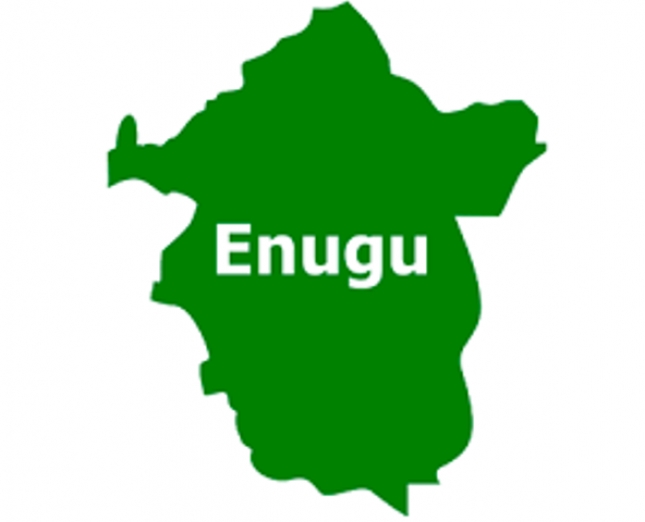Economic growth in sub-Saharan Africa is expected to hit 3.4 per cent next year from 2.4 per cent in 2017, the International Monetary Fund, IMF, has predicted.
It, however, warned that political risks and rising debt in Nigeria and South Africa would weigh down growth for the region in future.
Nigeria and South Africa are the biggest economies in Africa South of the Sahara, but both nations have been clouded by political uncertainty linked to the tenure of their leaders.
The IMF said a good harvest and recovery in oil output in Nigeria would contribute more than half of the growth in the region this year while an uptick in mining and a better harvest in South Africa as well as a rebound in oil production in Angola would add to growth.
However, political uncertainty looms large in Nigeria for most of this year where President Muhammadu Buhari was afflicted by illness, causing speculation about whether he is well enough to run Africa’s biggest economy.
READ ALSO: Solar-powered tricycles hit Nigerian market
South Africa on the other hand has been bedeviled by the rule of Jacob Zuma, who has battled scandals, including corrupttion allegations ahead of his ANC party’s conference in December to elect a new party leader.
“Key downside risks to the region’s growth outlook rise from the larger economies, where elevated political uncertainty could delay needed policy adjustments and dampen investor as well as consumer confidence,” the IMF said in a report launched in Harare.
“A further pickup in growth to 3.4 per cent is expected in 2018, but momentum is weak, and growth will likely remain well below past trends in 2019,” the IMF concluded in its report.
According to IMF, in order to help maintain growth, countries should diversify from dependence on commodities and oil, implement fiscal reforms to stimulate growth and attract private investment.
In other parts of Africa, inflation pressures are easing especially in East Africa, which was hit by drought and the governments there increased maize imports to cut food prices.
But in other places like Zimbabwe the high cost of imports is raising price pressures.











